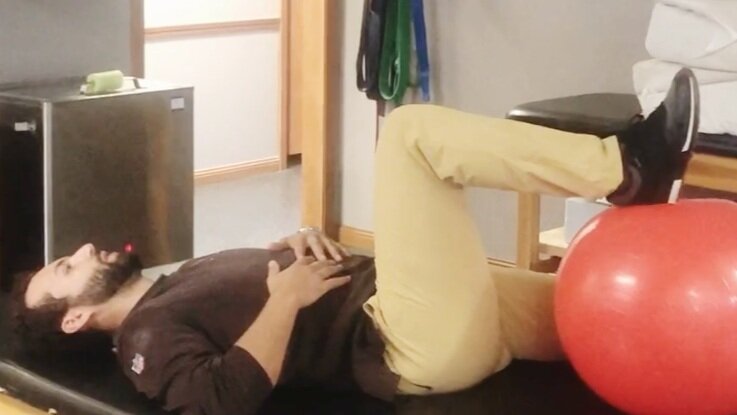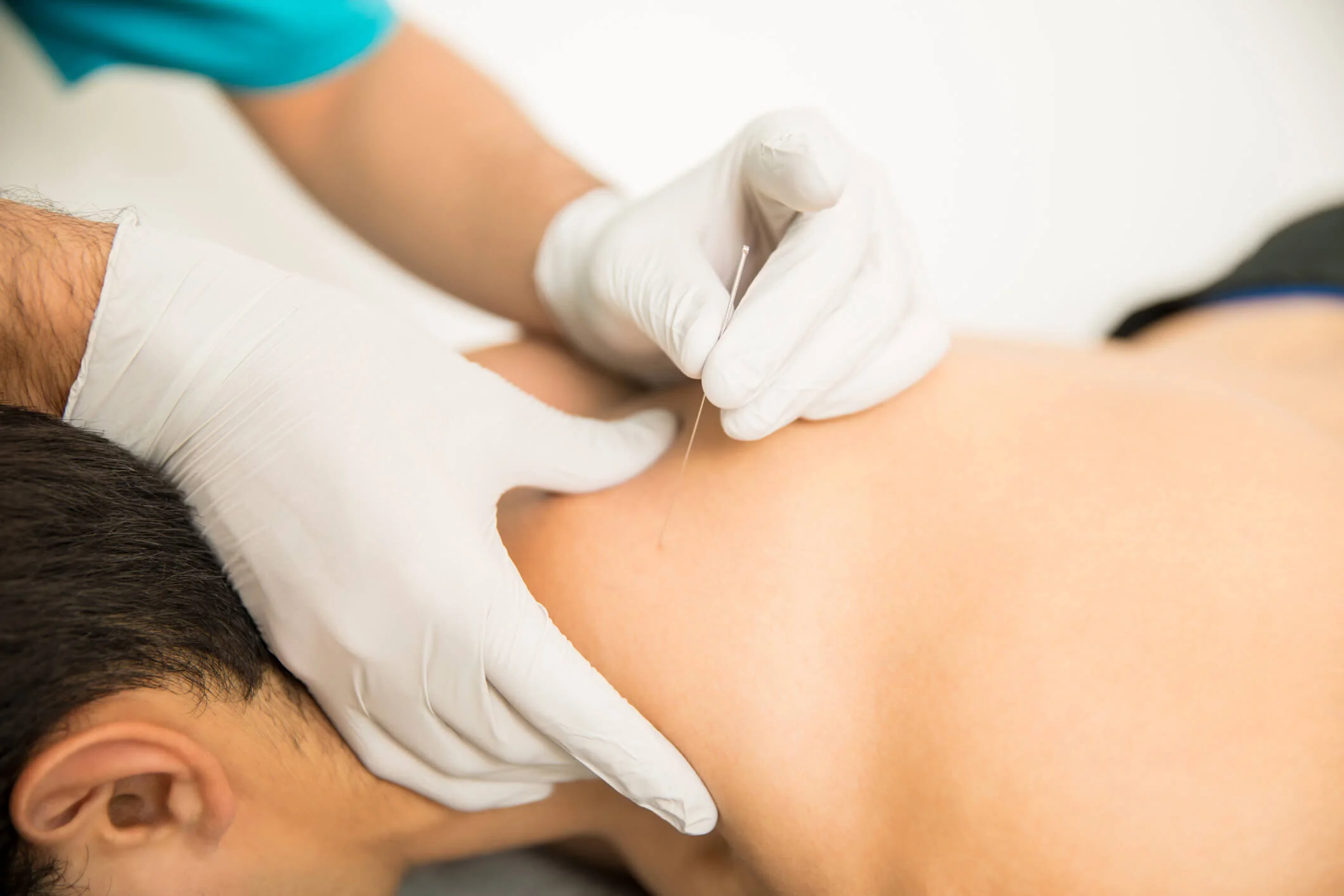Mangiarelli Rehabilitation Physical Therapy Blog
November 2020 Newsletter
Check out our November 2020 newsletter that covers our recent clinic renovations and ribbon-cutting event, patient spotlight on back surgery recovery, concussion infographic, and lymphedema treatment after breast cancer.
Physical Therapy After Back Surgery
Back surgery is a major surgery requiring intensive post-surgical rehabilitation to obtain the most benefit from surgery. Physical therapy helps back surgery patients improve gait, alignment, mobility, balance, and strength after surgery safely and gradually. On the blog, we highlight one back surgery patient’s progress in walking ability after one month of physical therapy.
Restoring Spinal Health with Physical Therapy
Your spine supports your body in all your daily activities and movements with nearly every movement originating from the spine. It’s critical to care for and strengthen the upper and lower spine for optimal function and to prevent injury. Back and neck pain are among the most common musculoskeletal spine-related injuries. Physical therapy can treat spine-related issues and restore strength and stability in the spine safely and effectively.
7 Common Back Pain Myths
Nearly 80% of Americans experience back pain at some point in their lives. Misconceptions about back pain and proper treatment for it contributes to the prevalence of ongoing back pain and overspending on diagnostic tests, MRIs, medication, and surgery that can be avoided in most cases. Today, we debunk 7 myths about back pain and explain how physical therapy can help you manage chronic back pain.
Physical Therapy for Sciatica Pain Relief
Sciatica pain is nerve pain that radiates from the low back through the length of the leg due to compression of the sciatic nerve. Physical therapy is the first line of treatment for sciatica pain management, relief, and treatment. Learn what sciatica pain is, how physical therapy treats it, and watch a video by Mangiarelli Rehabilitation therapist Mike for exercises to relieve sciatica pain.
Do You Need an MRI or X-Ray Before Physical Therapy?
The question of whether you need an MRI or an X-ray before physical therapy is a common one. The answer? No. In the vast majority of cases, you can begin physical therapy without undergoing a diagnostic MRI or an X-ray. Physical therapists can accurately diagnose your condition and address your specific symptoms to relieve pain and restore function without the high costs of imaging testing.
Back to School Ergonomics
As we head back to school for the 2020-2021 school year, things look a bit different. Whether you will be carrying your backpack back and forth to school or sitting at your desk at home for hours at a time to learn virtually, follow our back to school ergonomic tips to address body mechanics, posture, and proper use of school-related equipment to protect your back, neck, and shoulders from pain or injury.
Physical Therapy: A New Approach to Pain
Physical therapy is an effective, timely, and affordable treatment for musculoskeletal pain. Direct access to your physical therapist for outpatient care of musculoskeletal pain and injury leads to fewer visits and lowers overall medical costs by 50%. Check out our infographic to learn what direct access to physical therapy looks like to treat pain vs. the traditional approach!
Why Physical Therapy is Important After a Car Accident
In the United States each year, there are over six million car accidents with two million people injured. It is essential to receive proper medical attention soon after a car accident, even if your injuries and pain appear to be mild. By undergoing medical evaluation by your physician and starting physical therapy treatment shortly after the accident, you can address pain, injury, and function issues. Car accident injuries are serious incidents that can have a long-lasting effect on your health. Start rehabilitative treatment shortly after a car accident to help you reduce pain and manage injury safely and effectively.
Relieve Low Back Pain with Physical Therapy
Low back pain is one of the most common reasons people seek physical therapy. At any given time, 25% of Americans report having experienced low back pain in the last three months. Physical therapy is a non-surgical, non-invasive treatment option for low back pain. A physical therapist can help improve and restore mobility and reduce your low back pain without the high costs of imaging scans, surgery, and medications. Staying active is an important aspect of successfully addressing your back pain.
Chronic Pain: Why Physical Therapy is an Effective Treatment
Chronic pain is a condition that can dramatically affect and limit an individual’s activities, physical function, work, and daily life. For too long, chronic pain was treated with pharmacological methods and prescriptions for opioids became pervasive. In 2016, the CDC recommended that the preferred treatment for chronic pain is non-pharmacological methods, particularly physical therapy and exercise interventions. Physical therapy is an effective treatment for chronic pain, using exercise therapy, manual therapy, aquatic therapy, and dry needling to manage and reduce pain.
Dry Needling
Dry needling, or intramuscular manual therapy, is a physical therapy treatment that treats acute and chronic pain. It is a valid manual therapy technique that can speed up the recovery process, improve a patient’s ability to move with decreased pain, and enhance healing after an injury. It is used to increase range of motion that is limited due to muscle tightness. It involves the physical therapist pushing thin filiform sterile needles through the skin of the patient into trigger points to stimulate the tissue.
Why Physical Therapy Should be Your First Plan of Care for Back Pain
Nearly 80% of working Americans experience symptoms of back pain at some point in their lives. Early intervention for musculoskeletal pain like back pain has been shown to decrease health costs and improve recovery outcomes for the patient. Physical therapy not only will decrease medical costs for a patient with back pain, but also help restore movement and teach the patient how to minimize and manage pain in the future.
























